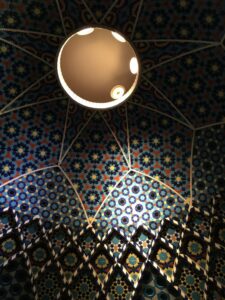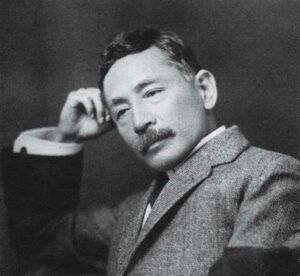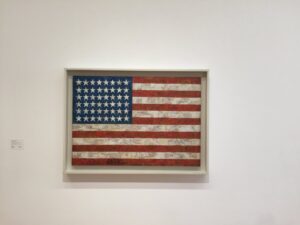It is strange for me to say this since I have hardly seen any Disney movies (Star Wars is also Disney, in case you are wondering). I have a deep respect for Walt Disney himself, who is also the founder.
I have read many biographies of him because I am interested in his life, which was full of controversies and ups and downs.
Partly because I write primarily children’s literature, but especially because I feel a deep empathy for what Disney dreamed of and tried to achieve through his work.
I think he was, after all, one of those people who were obsessed with “storytelling. It could be said that he spent his entire life delighting children with the tool of “animation,” starting with Mickey Mouse.
And in his later years, he made the end of his story, Disneyland (and then, apparently, he was going to create Disney Town), a reality.
If he had ended up as a single animator and producer, as in his early animated films, we might not have paid him as much respect.
I think it’s great that he tried to build a town in the end (as Mr. Nishino has been doing recently). Why go that far? Because it is one of the possibilities to which those who are obsessed with creating stories are inevitably led.
It is because of what Futabatei Shimei, a great writer of the Meiji era, said to the world’s literati
Literature is completely powerless against severe reality. This is because not only literary people but also expressive people who feel dilemmas about such realistic realities are tempted to come up with their own answers.
Becoming a politician may be one of the quickest ways to answer this question. Walt Disney, who was not a literary figure, tried to create Disneyland and Disney Town, and I think that is one of his answers.
I don’t agree with the writer who said that “storytelling” and one of the ways to express it, “writing a novel,” was originally very unfortunate and cursed, and that it would be better if he could just not write.
I don’t want to lump all novelists together, but those who are eager to express something are generally those who tend to have a complex about reality.
Most of them probably have trouble committing to reality. At the same time, those who can remain unscathed by reality are not suited to be novelists in the first place. That is why they dwell on fantasies and escape into the world they have created.
He begins with “Why does society exist in such a cruel way for me?” then “I want people to acknowledge my existence,” “I want people to listen to me,” and “I want a place where I can belong. I believe that this strong desire will someday lead me to actually hold a brush.
Writing, however, also has different levels and ranges, starting from a kind of daily solace, to a hobby, and even reaching the level of self-help.
However, what they all have in common is that they present the imaginary world they have created in the real world and want everyone to experience it and feel something from it. By doing so, they are saved themselves. So I think there is great value in writing itself.
Some time ago, Akihiro Nishino declared that he would one day surpass Disney, and I think this is an extension of that idea (Nishino-san may be a bit more of a realist than Disney).
In other words, I think it is an expressionist who has experienced helplessness against reality and wants to push back and conquer the reality in front of him with his own power.
As expressed in his words, “I want to go beyond,” Walt Disney is a supreme being in the world of expression, or entertainment, and is also a proof that he is the one and only.
When I was in my twenties, I once drunkenly said that I wanted to surpass Disney, so I understand how Mr. Nishino feels (sorry to be presumptuous). I even sent my own scenario to Studio Ghibli.
That’s how big his presence is, and in a sense, he is a target for people who want to express themselves. Hayao Miyazaki is also always conscious of Walt Disney and has said some words about his works.
In “Creation and Madness,” the most excellent biography of Walt Disney, he wrote that one of the attractions at Disneyland had a room dedicated to Walt Disney, from the window of which he could look out over the park. He described an episode in which he was filled with a sense of happiness that he had never felt before as he watched his children play happily in the dusk as the park was about to close.
I understand that feeling very well. I understand it all too well. That must have been a blissful moment. And he was not the only one who wished for that kind of happiness.
In Salinger’s “The Catcher in the Rye,” the main character Holden thinks that the only thing he wants to do in this world is to catch children so absorbed in their play that they do not fall off a cliff.
This is the episode in which the monk Ryokan likes to play with the children. The Anpanman show that Takashi Yanase himself directed and appeared in. And even if he is not an expressive person, the feeling of an old man seeing his grandchildren playing safely in the house he has built for them. I believe that literature (expression) is not powerless against reality.
I wonder how far I can go by continuing to tell stories. What will I be able to convey to children? What kind of view will I be able to see? Will I feel the same happiness as Walt Disney, or will I feel a sense of exhaustion? Will his life be over by then?
Like Yanase-san, I have no children of my own, and I create my works hoping to someday experience such bliss.
Now, when I hear the name Walt Disney, it is not so much that I want to surpass him, but rather it makes me wish that someday I could see the same scene that he saw in my own way.
See you soon!
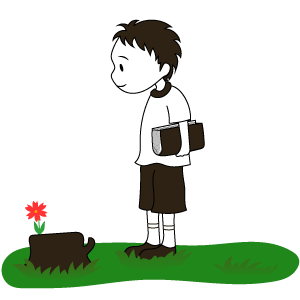
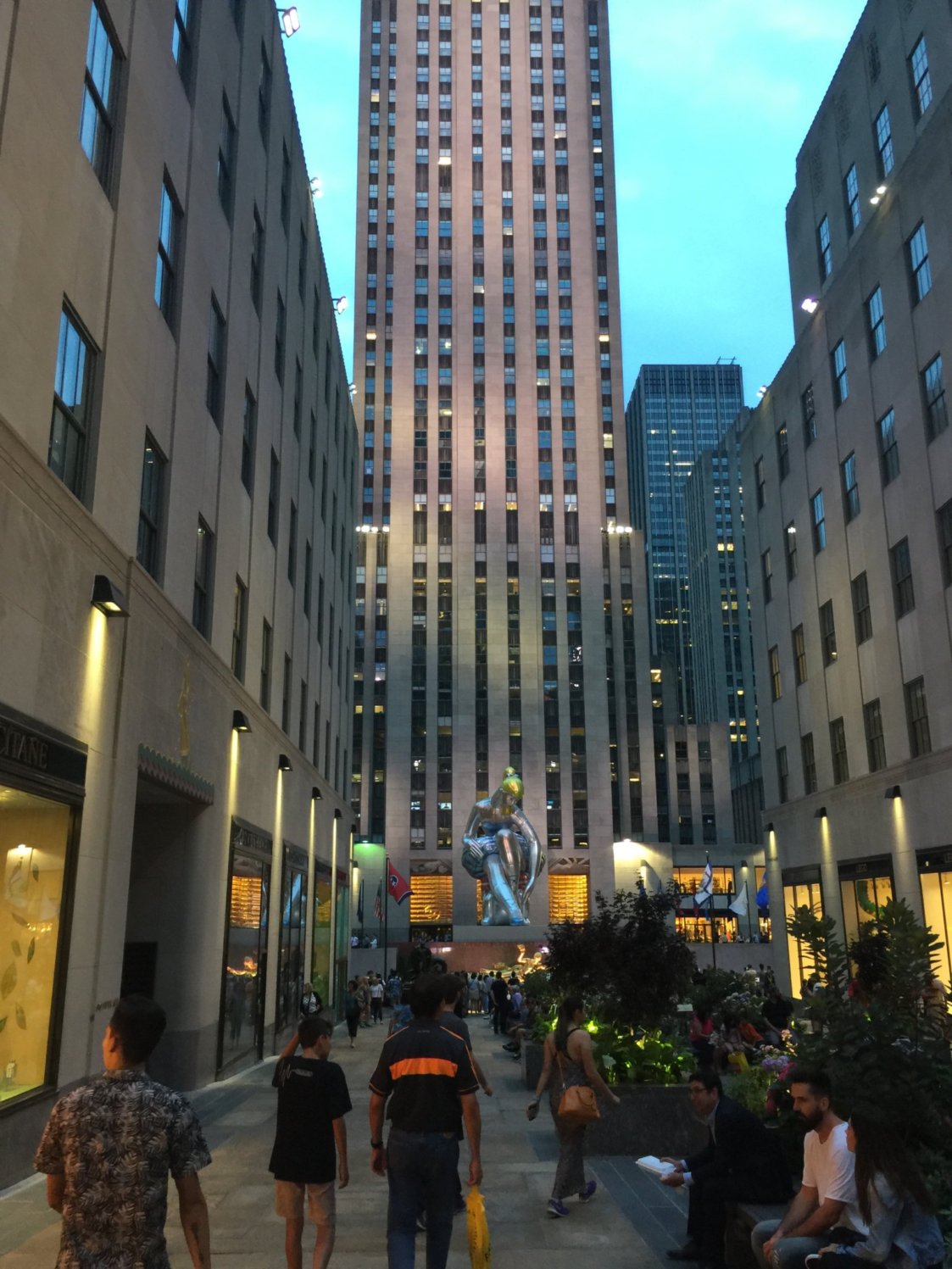
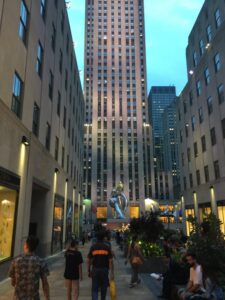

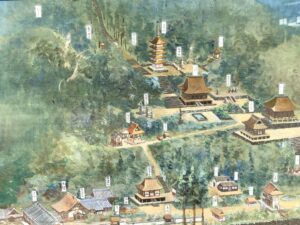

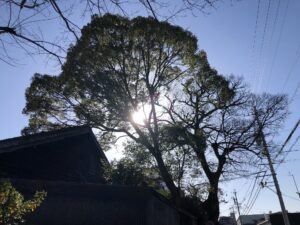

-192x300.jpg)

